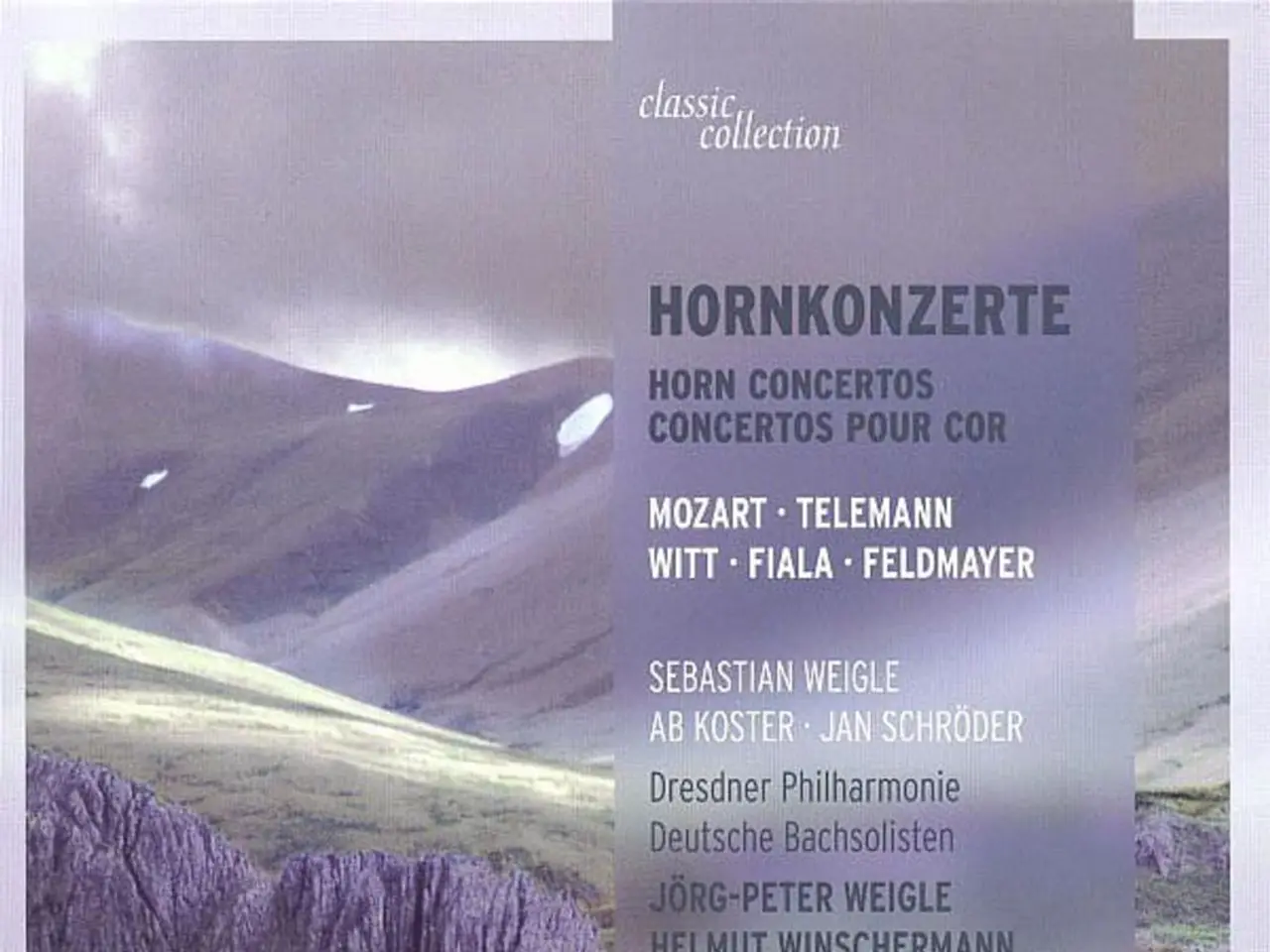Okinawa's Community Lifestyle: Insights from a 'Blue Zone'
In the heart of the Pacific Ocean, off the southern tip of Japan, lies the island of Okinawa – a place known for its long summers, turmeric tea, and a unique cuisine that blends Asian influences. But Okinawa is more than just a tropical paradise; it's one of the world's famous Blue Zones, regions where people live significantly longer and healthier lives.
One of the most striking features of Okinawa is its abundance of centenarians. The island has a high proportion of people a century or more old, and this is strongly related to the concept of wisdom in communities. Older adults in Okinawa are deeply integrated into family and community life, where their wisdom, experience, and presence are valued assets.
The social role of elders in Okinawa is particularly noteworthy. They remain active participants in community decision-making and family guidance, passing down knowledge and life lessons. This continuous exchange of wisdom reinforces social cohesion and intergenerational support.
Ikigai, a sense of purpose that motivates Okinawans throughout life, is another key cultural element. This contributes to mental well-being and longevity. The Okinawan diet, rich in legumes and vegetables with meat used as an occasional spice, also plays a significant role in their health and longevity.
The moai, a traditional Okinawan social group, is another factor contributing to their longevity. These groups can last for decades, with some having an average age of 102 that have been meeting regularly for 97 years. Even the very old are not hidden in Okinawa. They remain connected to their social networks, neighborhoods, and families, whether biological or not.
The Okinawa Centenarian Study, a long-term study since 1975, finds that most centenarians in Okinawa were functionally independent into their 90s. This is not surprising given their active engagement in daily life, whether it's selling upholstery, fruit, or socializing at community centres.
The abundance of centenarians not only reflects biological longevity but also a vibrant social concept of wisdom as sustained relevance, involvement, and cultural transmission within the community. This integration of elders fosters mutual respect and continuity of traditions, reinforcing the societal value of accumulated wisdom.
In contrast, in the United States, the very old are rarely seen. Only 8% of Americans 85 and older lived in care homes in 2019, but few resources link them to each other and their surrounding communities. This lack of social integration could be a contributing factor to the lower number of centenarians in the US compared to Okinawa.
The story of Okinawa offers valuable insights into the role of wisdom in communities and the importance of social integration for longevity. It's a testament to the power of culture, community, and the wisdom of the elders in shaping the quality and length of life.
- The abundance of centenarians in Okinawa, known as one of the world's Blue Zones, is significantly related to the community's deep respect for wisdom and experience in older adults.
- In Okinawa, the moai - traditional social groups - have been meeting regularly for decades, demonstrating a unique longevity factor promoted by sustained social integration.
- The Okinawan magazine could facilitate social connections among the often isolated very old in the United States, promoting a more cohesive society and fostering the transmission of accumulated wisdom.
- Lifestyle factors, such as healthy eating, a focus on health-and-wellness, and home-and-garden activities, could be applied in US culture to encourage societal shifts that might lead to an increase in centenarians.
- Science and health-and-wellness professionals could learn from Okinawa's incredible success in cultivating a supportive community culture that values the contributions of older adults and promotes a sense of identity tied to optional activities, enabling the maintenance of independence and overall well-being.




